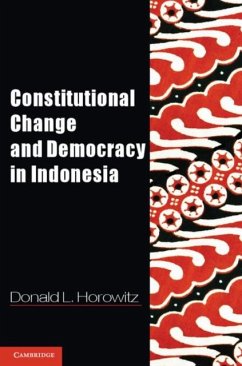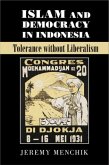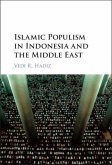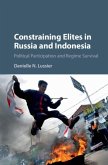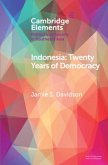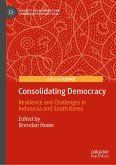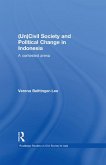How did democracy became entrenched in the world's largest Muslim-majority country? After the fall of its authoritarian regime in 1998, Indonesia pursued an unusual course of democratization. It was insider-dominated and gradualist and it involved free elections before a lengthy process of constitutional reform. At the end of the process, Indonesia's amended constitution was essentially a new and thoroughly democratic document. By proceeding as they did, the Indonesians averted the conflict that would have arisen between adherents of the old constitution and proponents of radical, immediate reform. Donald L. Horowitz documents the decisions that gave rise to this distinctive constitutional process. He then traces the effects of the new institutions on Indonesian politics and discusses their shortcomings and their achievements in steering Indonesia away from the dangers of polarization and violence. He also examines the Indonesian story in the context of comparative experience with constitutional design and intergroup conflict.
Dieser Download kann aus rechtlichen Gründen nur mit Rechnungsadresse in A, B, BG, CY, CZ, D, DK, EW, E, FIN, F, GR, HR, H, IRL, I, LT, L, LR, M, NL, PL, P, R, S, SLO, SK ausgeliefert werden.

